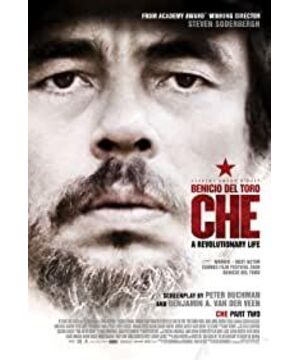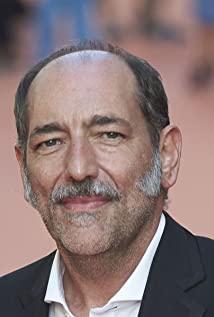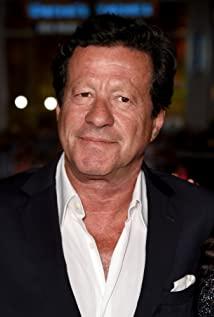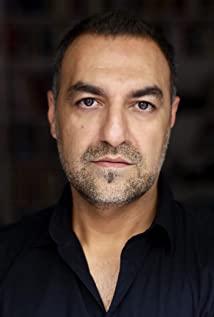We’ve all seen Soderbergh’s non-linear narratives, but this time it feels out of place and too fragmented. If you don't know anything about the Cuban Revolution and Che Guevara, you're likely to be confused. It seems that Guevara got on the Grama as soon as he slapped his head, and the guerrillas of dozens of people developed inexplicably. Went to the United Nations General Assembly to fight against the Confucian scholars. The next episode is even more ruthless. Guevara directly ignored many experiences from the victory of the July 26 Movement in 1959 to the failure of the Congolese guerrilla war in 1965. After changing his name and surname, he remarried and had a child and suddenly landed in the mountainous jungle of Bolivia. Although the timeline doesn't jump around anymore (at the cost of making the second and second episodes feel like they were shot by different people and lacking artistic coherence), the director still refuses to do any background introductions, preferring to spend a lot of time showing the daily life of the guerrillas Hardships are also unwilling to explain the causes and consequences. It is true that the four-and-a-half-hour film length of Guevara's rich resume is far from clear, but it is really difficult for the audience to enter the heart of the character with such a fragmented picture of life separated from the context. Guevara was called a perfect man by (Sartre), compared with Bolivar (revolutionary in South America and around the world), compared to Jesus Christ (abandoned high officials and wealth to "save" the people of the people), and even He is worshipped as a god by many Bolivians (especially the residents near the place of his death); but he also has a violent and cold-blooded side (presided over the liquidation after the founding of Cuba), and is accused of poor medical skills and poor tactics (except for the capture of Santa Clara with Camillo and others) In addition, there are few victories, so there is a problem with the selection of the film), Zhou Enlai commented that Guevaraism is really adventurism and desperateism. I don't expect a film to let us know the real Guevara, whether it is pure idealism or something else, whether it is a staunch communist fighter or a lover of war, but at least it can give clues and basis for thinking. Unfortunately, just like the documentary-style shots of this film, I just felt dizzy and unpredictable after watching it.
View more about Che: Part Two reviews










